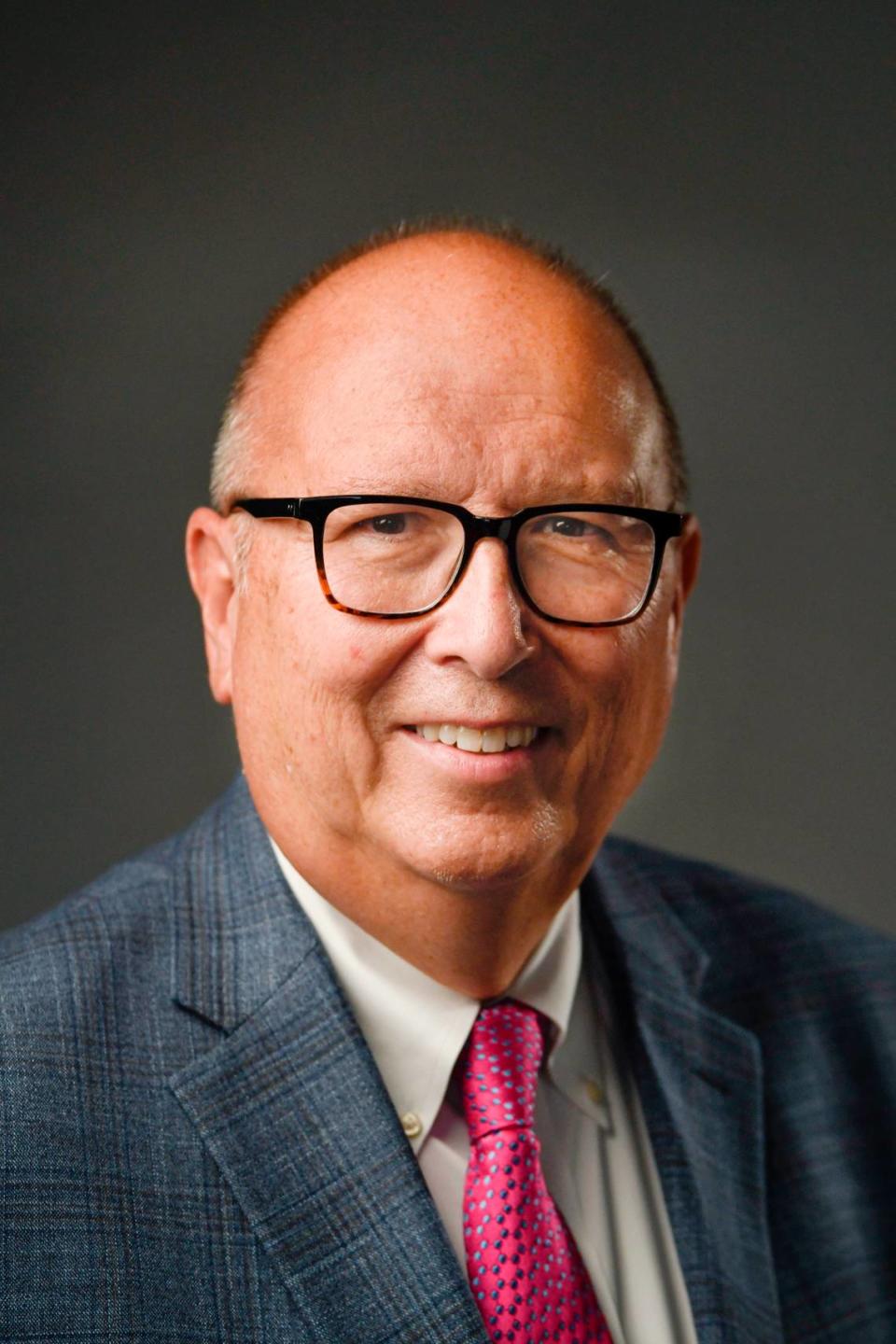We’ll help you talk the talk like you’re from around here, even if you’re from Oregon
My wife is blessed — and cursed — in growing up in Oregon. It’s a lovely state, but have you ever met someone from there and immediately remarked, “You must be from Oregon! That’s quite an accent!”
No one ever has said that about Oregonians — except maybe socio-linguists, a group so specialized that I didn’t know they existed until reading a recent Martha Quillin story at newsobserver.com.
My wife was born and raised in the Portland area. She spent girlhood summers with relatives in Kansas and then lived in Florida and Texas before moving here two years ago. You’d think an occasional “y’all” or flat-out drawl would pop into her conversations. Not so.
“Y’all” is a word so common in my upbringing that I’m still surprised when someone mentions it as if I mangled a Wordle answer.
Talk like a North Carolina native
One of the many best things about living in the Triangle is any semblance of a Southern dialect puts you at a decided advantage when it comes to connecting with the locals. I don’t need to polite-laugh at jokes. And when it comes to yummy local cuisine, as Martha would note, “just butter my butt and call me a biscuit.”
Martha’s fun read on how to talk like a North Carolina native is a crash course on how to be fair to middlin’ at blending with locals or, more importantly, order at a Bojangles in Eastern NC.
What complicates the NC native tongue is it varies in dialect. Wrote Martha: “Socio-linguists at N.C. State University’s Language and Life Project identify five distinct dialects in North Carolina: Southern Appalachian Highlands, Virginia Piedmont, North Carolina Piedmont, Coastal Plains and Pamlico Sound.”
The Triangle falls within the North Carolina Piedmont dialectic region, which could be called the Uber region, since we’re lumped with city folks from Charlotte and Greensboro.

Beware the turtle smooch
Be careful, because not everything in North Carolina is a catchy colloquialism. If you see a story that starts with the headline “Don’t kiss your turtle ...,” SERIOUSLY don’t kiss your turtle. (The N&O’s Teddy Rosenbluth reported the statement came from the CDC after “26 people in 11 states — including North Carolina — fell ill with salmonella linked to small turtles.”)
The Triangle isn’t an easy place to pick up any lingo. One in six residents don’t speak English at home. Stacker recently broke down the top 10 common languages in the greater Raleigh region, which includes Spanish, Chinese, Arabic, Hindi, Korean and Telugu, with more than 8,000 residents who speak one of those languages.
Add in the caddywampus reality that Raleigh has its own language. Bless our hearts (in the good way) that Martha also did a recent story on how to pronounce Raleigh’s trickiest names.
So if you’re taking the curvy portion of Duraleigh Road, think of it as going merrily along DUR-uh-lee.
My first-generation Carolinian advice is to emphasize the “A” and “E” vowels when pronouncing Raleigh streets. And ignore the blank looks. Smile and say, “Looks like my local knowledge went from the frying pan into the fire.”

My wife is humored that new acquaintances rarely can figure out where she’s from. But her blessing AND curse — of not talking a regionally identifiable talk — is a myth.
The Oregon way of speaking is a dialect. So notes the highly regarded Dictionary of American Regional English. A PBS series even dispelled what those in the Pacific Northwest think of as a “general American” accent.
When my wife reads this column on Sunday morning, I doubt she’ll channel her new-inner Martha and be “madder than a wet hen” or “fit to be tied.”
She’ll be surprised and will laugh. But I don’t think she’ll change her breakfast order to grits.
What a shame. We should all be fixin’ to celebrate our Carolina pride with a big bowl of grits — even if it comes with Tillamook cheese.
Bill Church is executive editor of The News & Observer. Isn’t he precious?

